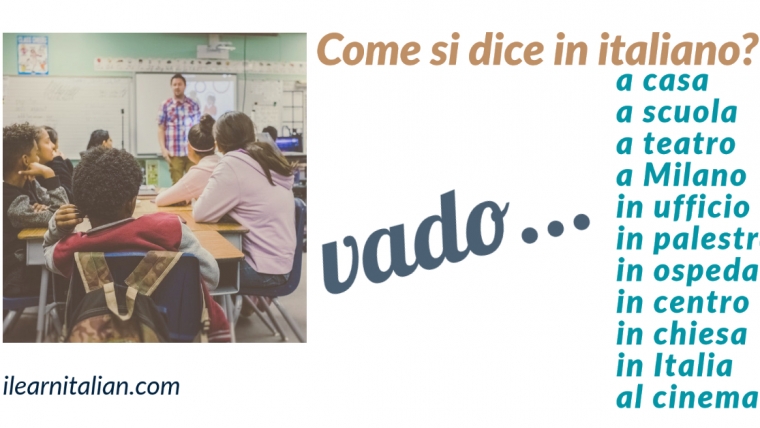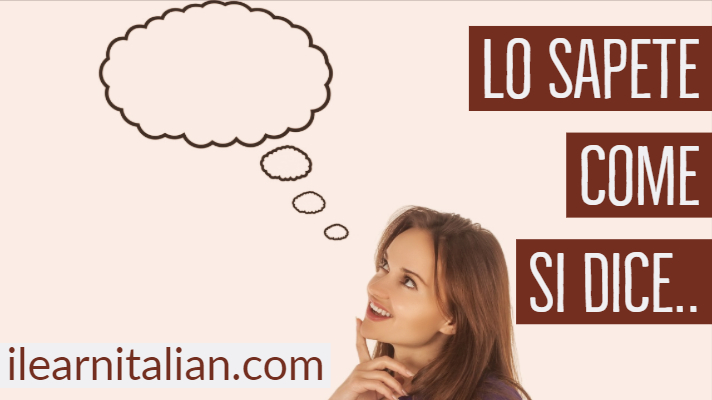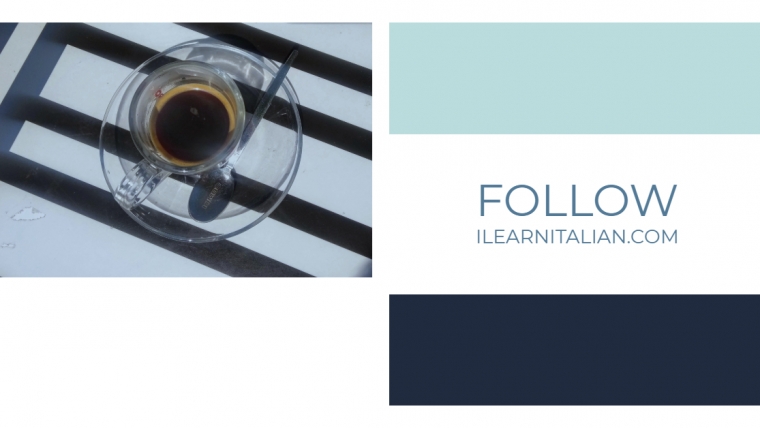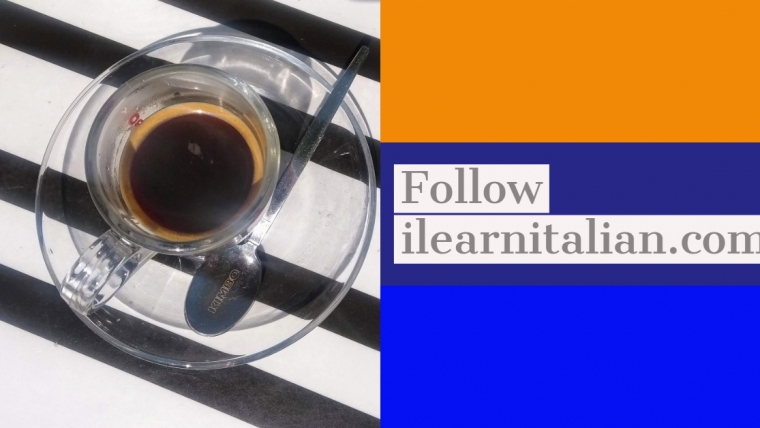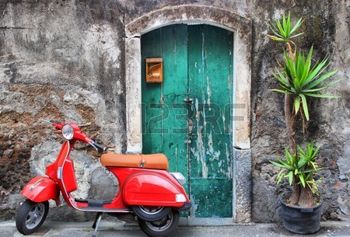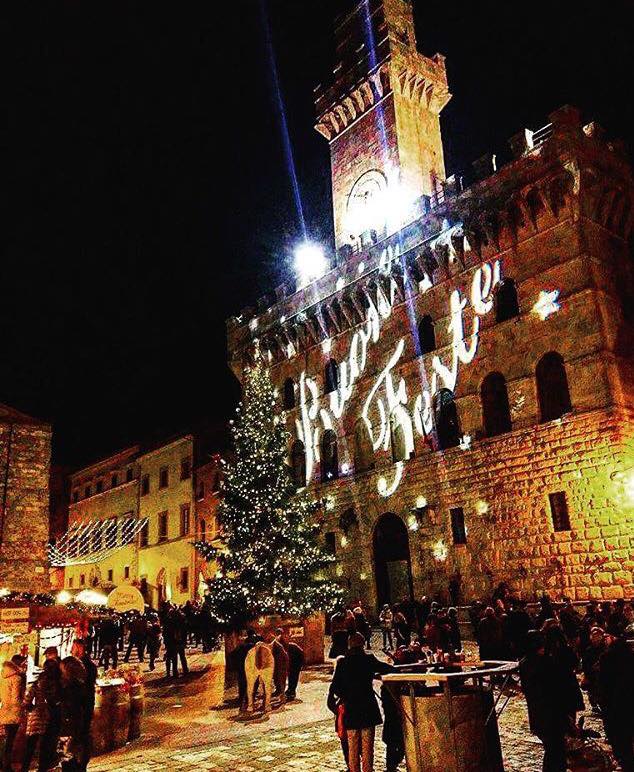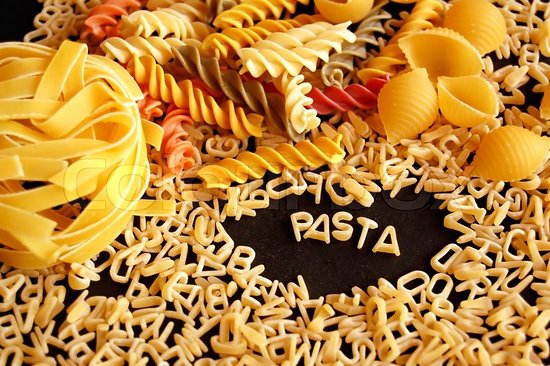To go= andare Italian conjugation for ANDARE io vado noi andiamo tu vai voi andate lui/ lei va loro vanno What is andiamo= We go/ Come on!/ Let’s go! Dove vai? Il verbo andare usa diverse preposizioni e non segue una regola precisa ma bisogna praticare e memorizzare. Per ricordare quale preposizione usare, vi consiglio di memorizzare frasi intere o…
